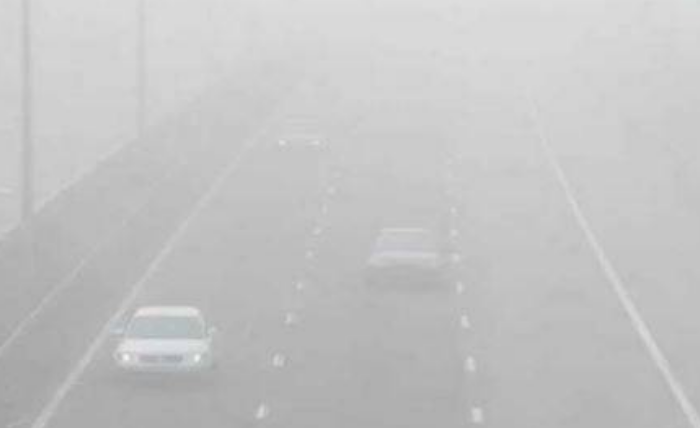Lahore (Web Desk): The worsening air pollution in Punjab has led to the declaration of a health emergency in Lahore and Multan, two of the most affected cities.
The provincial authorities are taking urgent steps to tackle the pollution and protect public health, as both cities have seen their air quality reach alarming levels.
Lahore, home to over 14 million people, has been consistently ranked as one of the most polluted cities in the world, and this month it has hit record levels of hazardous smog.
On the other hand, Multan now holds the distinction of having the worst air quality among all Pakistani cities, according to data from the Swiss organization IQAir.
In response to the crisis, Senior Minister for Information and Environment Protection Marriyum Aurangzeb announced that schools in areas affected by the smog would remain closed for an additional week.
With the air quality remaining dangerously poor, she confirmed that higher education institutions would switch to online classes to keep students safe.
The air quality in Lahore has deteriorated to such an extent that the Air Quality Index (AQI) plummeted to a staggering 732 early in the morning before improving slightly to 669 by the afternoon.
The Punjab government's measures to contain the smog include not only extending school closures but also imposing a ban on outdoor activities across eight districts until at least November 17.
The minister further said that businesses, restaurants, and shopping areas have been directed to close by 8pm, with restaurants limited to takeaway services only after that time. These measures are part of the broader strategy to curb exposure to the toxic air.
“To further limit the exposure of the population, a full lockdown will be imposed on Lahore and Multan over the weekends (Friday to Sunday). Construction activities will also be banned for the week, starting Saturday, as part of efforts to reduce additional pollution,” Marriyum said, adding that the government is continuing to monitor the situation closely, and additional decisions will be based on data collected over the coming days.
Meanwhile, the Lahore High Court (LHC) has called for a long-term approach to controlling smog in the region.
During a hearing regarding smog-related petitions, the court suggested that the government develop a comprehensive plan that spans at least ten years.
The LHC also praised the steps already being taken, such as introducing electric buses and working on urban forestry, and recommended drawing lessons from successful international models, such as Beijing's environmental policies.
The health impact of the ongoing pollution is becoming increasingly evident. According to the Punjab Health Department, nearly 2 million people sought medical treatment for smog-related health issues in October alone.
Respiratory illnesses, including asthma, have been widespread, and heart disease and strokes are on the rise.
In Lahore, over 119,000 asthma cases were reported, along with thousands of instances of heart disease and strokes. The department has warned that if air quality does not improve, the situation could lead to even more severe health problems.
This year, a significant portion of the pollution in Punjab has been attributed to toxic air flowing in from neighboring India, which is also facing severe smog conditions.
The Punjab government has indicated that it will take up the matter with India through diplomatic channels to address cross-border pollution.
As the region grapples with this environmental crisis, experts and government officials alike are emphasizing the need for both immediate and long-term strategies to combat smog.
The ongoing public health crisis is a clear reminder of the urgent need for action to improve air quality and reduce pollution across the region.


